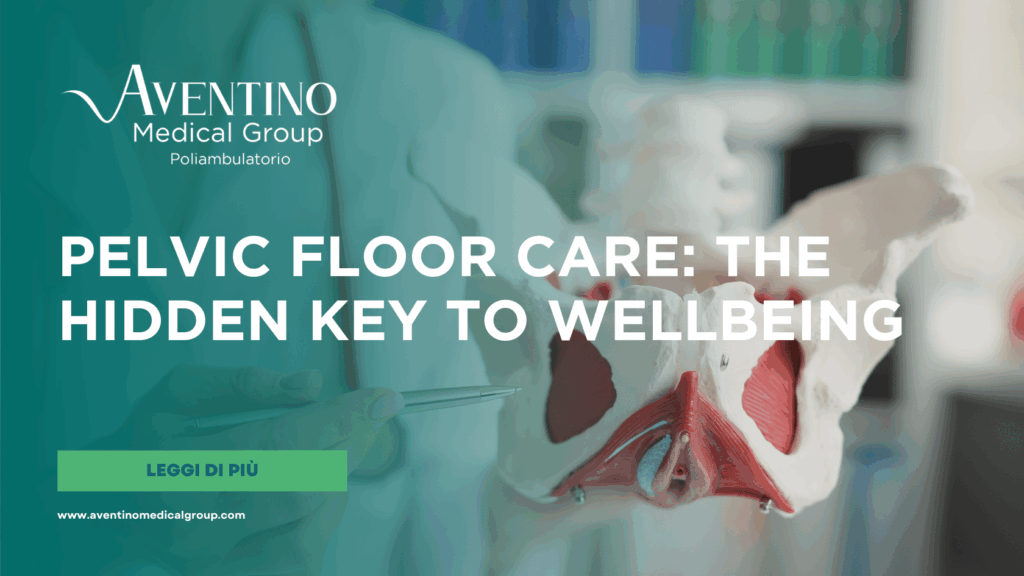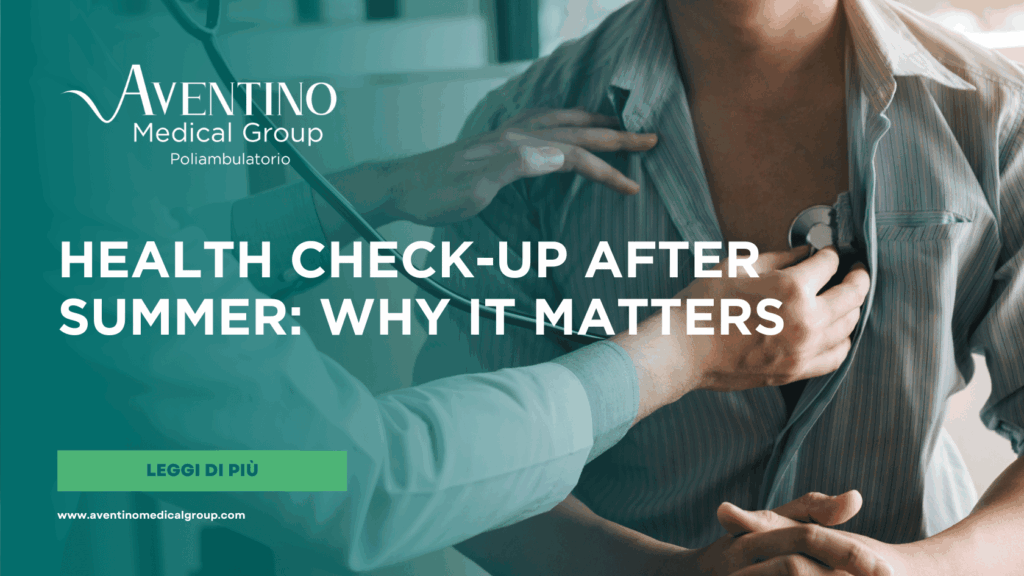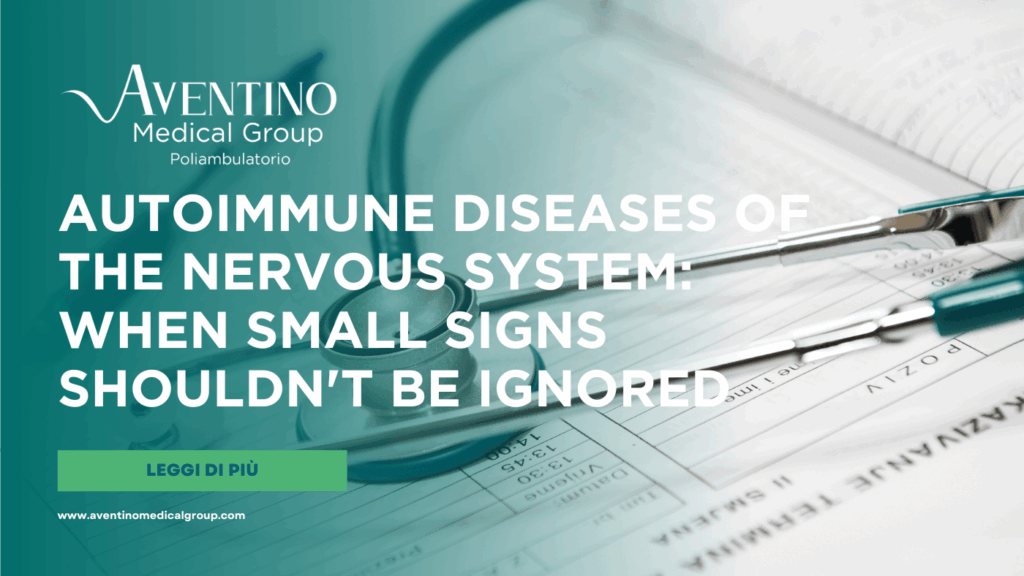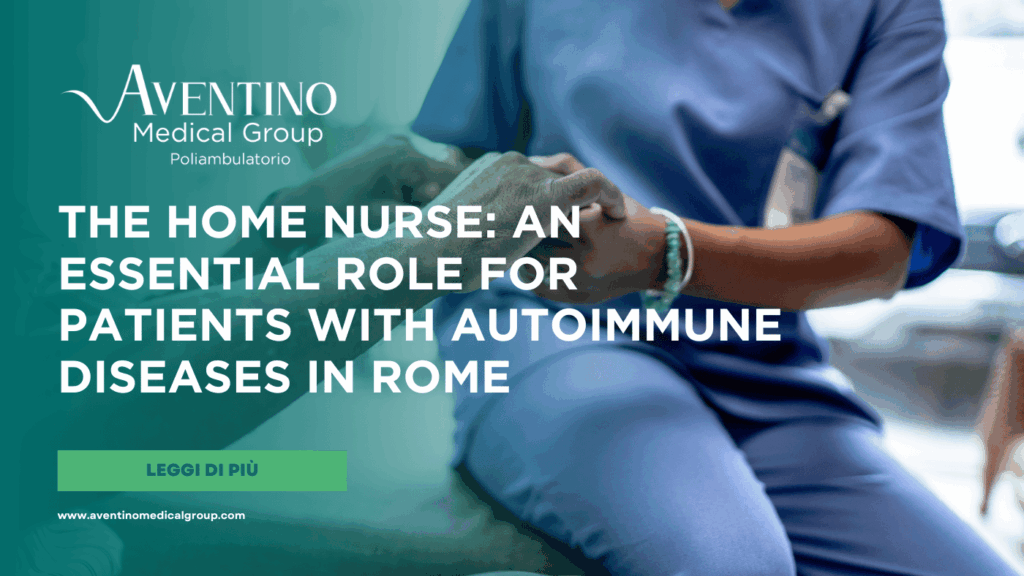Getting healthcare in Rome: how to navigate SSN and private care without wasting time
In Rome you can receive care through the SSN (public) and the private sector. They often work in combination. Here you’ll find: how to access care, useful documents, payments/reimbursements, and when to choose one or the other. How does the SSN work in Rome, in practice? Strengths: hospital network, chronic-care pathways, inpatient coverage.Frequent limits in Rome: waits for visits/diagnostics, uneven availability, language barrier. How does private care work (with or without insurance)? Strengths: fast timelines, flexible hours, multilingual staff, insurance support.Limits: costs if not covered; some policies require pre-authorisations. SSN or private: when is one, the other, or both worthwhile? Which documents should I always carry? I’m not resident in Rome/Italy: what changes for me? EU/EEA/CH on a short visit EU resident in Rome Non-EU with permit and resident Non-EU non-resident (tourism/short stay) Staff of international organisations (e.g. UN) Students How do I book SSN visits/exams step-by-step? How do I get reimbursed for a private visit with insurance? Quick FAQs (most searched) Can I combine public and private care?Yes—often the best choice: SSN for continuity/hospital care; private for timelines, language, coordination and insurance. I’m not in the SSN: can I still get care?Yes: in the private sector (ideally with a policy). For non-deferrable needs in the public system there are STP/ENI. How does the Emergency Department work?Open access for emergencies; priority set by 5-level triage. What does TEAM/EHIC cover?Medically necessary public care under the same conditions as residents (co-pays may apply). Are teleconsultations and home visits available?In the private sector they often are, when clinically appropriate. Immediate checklist before you leave home Useful numbers Key message (to remember) In Rome, the public system remains central for emergencies and chronic care, and hospital admissions are available in both the public and private sectors. The private route is a primary option when speed, multilingual care, coordinated specialists, and insurance documentation are priorities. Thoughtfully combining the two pathways helps you get better care, faster.










